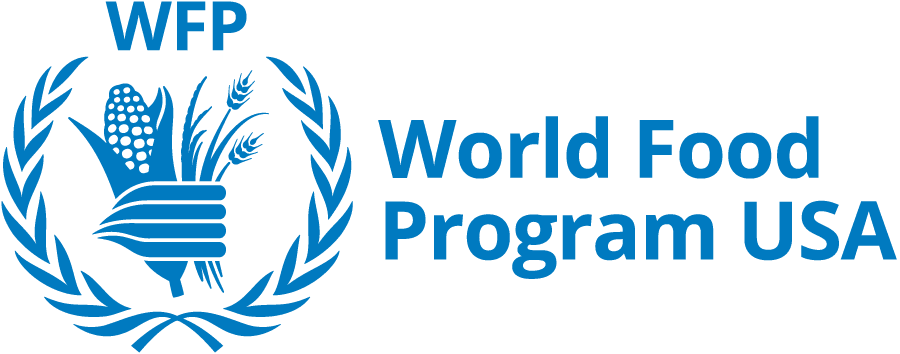Struggling Economic Growth
Since the 2011 revolution that sparked the Arab Spring, Tunisia has faced significant challenges despite initial hopes for political and economic reform. Tunisia’s economy has struggled to recover and poverty remains a pressing issue, due to inequity and limited social safety nets. Food insecurity and hunger persist, affecting vulnerable populations due to rising food prices, limited access to resources, and climate change-induced challenges.
You can make a difference. By understanding issues, learning how to civically engage, and joining the movement to end global hunger for good.
 Unsplash / Taha Loukil
Unsplash / Taha Loukil




